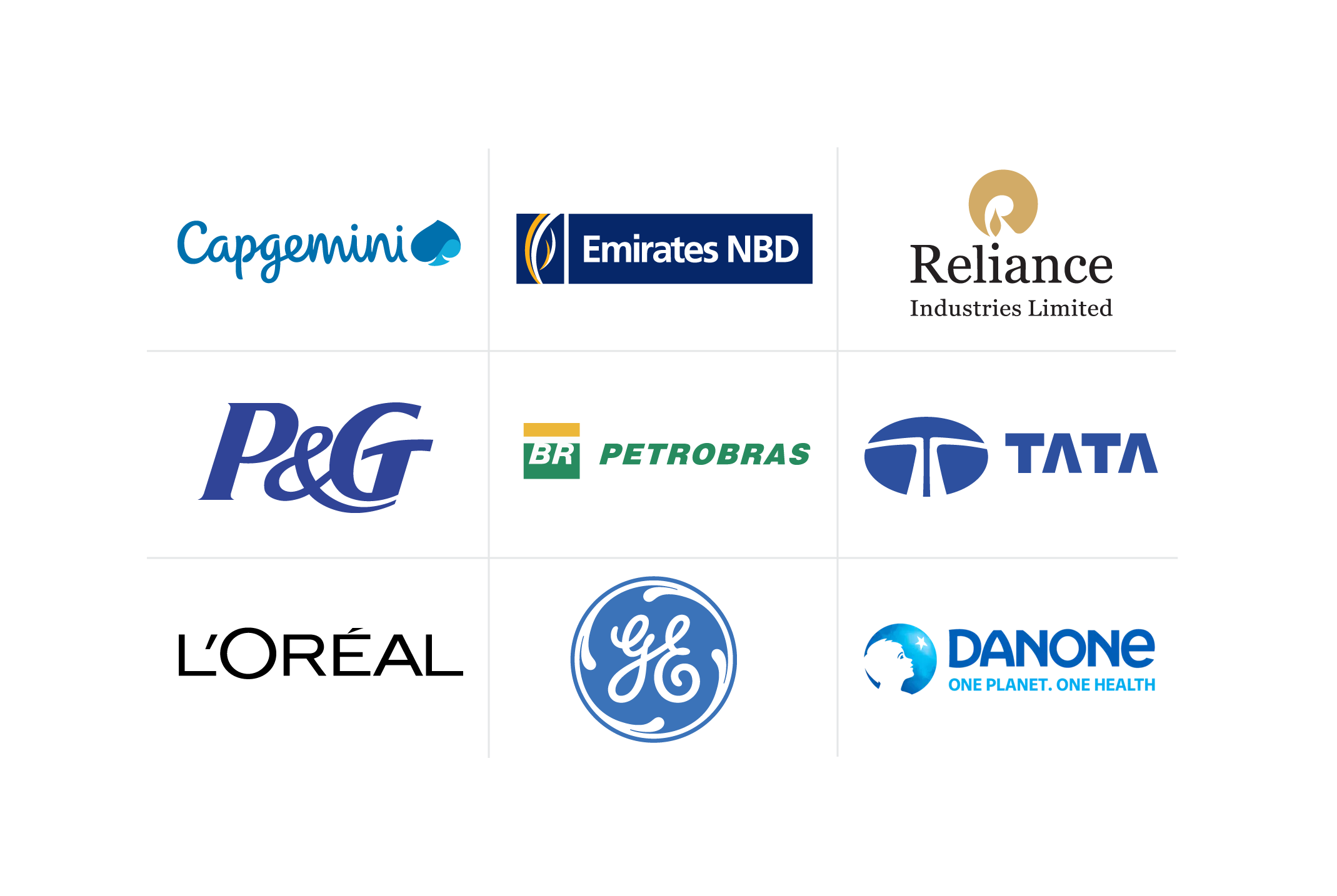Chief Learning Officer Salary: Attracting Top Talent to Your Organization
Looking to hire a CLO or interested in becoming one? Discover the factors that affect CLO salary across industries.
![[Featured Text]: A candidate discusses the chief learning officer salary during negotiations for a C-suite position.](https://d3njjcbhbojbot.cloudfront.net/api/utilities/v1/imageproxy/https://images.ctfassets.net/2pudprfttvy6/2VoGaZ9CnBHRb71BBn8vPf/0d28a05d45abde1cc1d81cc8213107d3/GettyImages-1987435634.jpg?w=1500&h=680&q=60&fit=fill&f=faces&fm=jpg&fl=progressive&auto=format%2Ccompress&dpr=1&w=1000)
Fostering a culture of continuous learning within your organization can yield numerous benefits, from enhancing your employees' knowledge retention to boosting their overall performance. Having a chief learning officer (CLO) on your executive team is often necessary to bring about this cultural shift. With expertise in training and development, CLOs can lead learning and development (L&D) initiatives that align closely with your business goals.
Given the critical nature of the job, you might wonder what steps you can take to attract top-tier candidates for the CLO position. One effective strategy is to offer a competitive salary that is in tune with market trends and candidate expectations. Read on to delve deeper into the role of CLOs, explore the factors shaping their compensation across industries, and gain insights into effective negotiation strategies.
What does a chief learning officer do?
A chief learning officer (CLO) supervises corporate training. By identifying areas for skill development and implementing cutting-edge educational technologies, a CLO works toward advancing their employees’ productivity, contributing to their organization’s success. Other typical work duties of a CLO include:
Creating learning programs
Establishing return on investment (ROI) metrics for learning initiatives
Educating employees on training policies
Overseeing training methods and platforms
Sourcing e-learning service providers
CLOs may also be known as head of learning and development, training director, or chief engagement officer.
The ROI of a well-compensated CLO
The caliber of your company's talent pool directly correlates with the efficacy of your firm’s compensation planning strategies. Here are some notable benefits of offering fair and equitable compensation to a CLO.
Greater engagement
When employees feel valued and sufficiently rewarded for their contributions, they are more likely to feel enthusiastic about their work, resulting in improved outcomes. Note that a CLO can expedite the skill development of your entry-level or junior staff, enabling them to fill gaps in senior management more quickly and effectively.
Reduced turnover rate
With an attractive salary, your CLO is less inclined to seek opportunities elsewhere, promoting continuity and stability within your company. A reduced turnover rate also helps you mitigate potential expenses associated with turnover, such as recruitment costs.
Factors affecting a chief learning officer salary
From education to experience, several factors influence a CLO’s pay. Below are a few parameters you might want to consider when determining the salary structure for a CLO within your organization.
Education
According to Zippia, CLOs with a master's degree earn $100,929 annually [1]. A doctorate earns $100,914, while a bachelor’s degree yields $92,501 for chief learning officers. A bachelor's degree is the most common credential among CLOs, with 61 percent of professionals holding this qualification [1]. However, considering the seniority of the C-suite position, most employers typically require CLOs to hold a master’s degree.
Experience
On average, a CLO has a minimum of ten years of experience. According to Glassdoor, compensation varies across early, mid, and senior levels [2]:
0–1 years: $120,462
1–3 years: $121,058
4–6 years: $127,628
7–9 years: $143,435
10–14 years: $157,779
15+ years: $170,883
Skill
Pay is also influenced by skill level, education, and experience. The following skills are among the key skills a competent CLO possesses, according to Payscale [3].
Leadership: $142,172
Training program development: $139,164
Strategy: $163,084
Organizational development: $135,548
Industry
The industry a CLO chooses to work in also influences their annual income. Here's a list of the top-paying industries for chief learning officers, as compiled by Glassdoor [2].
Insurance: $182,407
Personal consumer services: $181,311
Manufacturing: $198,733
Agriculture: $187,980
Information Technology: $184,971
Financial services: $186,315
A CLO's average annual salary
The average annual pay for a chief learning officer ranges from $126,193 to $156,751, according to multiple job listing sites:
ZipRecruiter: $126,193 [4]
Payscale: $156,339 [3]
Glassdoor: $156,756 [2]
Determining the right pay for your CLO
To ascertain an equitable salary for the CLO, evaluating the strategic significance of learning and development within your company's framework is essential. Remember, a candidate with an extensive educational background and industry knowledge can bring substantial value to your company.
As you determine an appropriate salary figure, it's advisable to benchmark it against data obtained from salary surveys and regression analysis. While salary surveys help you identify industry norms for pay, regression analysis presents a structured, algorithmic approach to setting a salary based on variables such as a candidate’s current salary, tenure, or performance evaluation.
Negotiating the offer to your chosen candidate
Pay transparency is a key aspect of negotiating salary. Once you've established the maximum amount you can offer, allow your candidate sufficient time to consider the offer and evaluate the job's perks.
If you have budget constraints for the role, consider sweetening the deal by including additional benefits such as a signing bonus and flexible work arrangements. You may also explore internal hiring as a cost-saving measure. With adequate training, your current human resource director or chief executive officer can step into the chief learning officer role.
Getting started with Coursera
As the custodian of your organization's learning and development endeavors, the chief learning officer assumes a pivotal position, influencing the growth and progress of your workforce. Consider empowering your CLO with essential skills through HRCI’s Learning and Development course on Coursera.
Promote leadership skills throughout your organization by developing employees who innovate and inspire. In the Leadership Academy from Coursera, employees can learn the skills needed to lead their business into the future. With Coursera for Business, you’ll build effective managers at every level with beginner and advanced-level leadership content, including 40+ SkillSets to drive soft skill proficiency across the entire organization.
Article sources
Zippia. “Chief Learning Officer Education Requirements, https://www.zippia.com/chief-learning-officer-jobs/education/.” Accessed on June 11, 2025.
This content has been made available for informational purposes only. Learners are advised to conduct additional research to ensure that courses and other credentials pursued meet their personal, professional, and financial goals.


